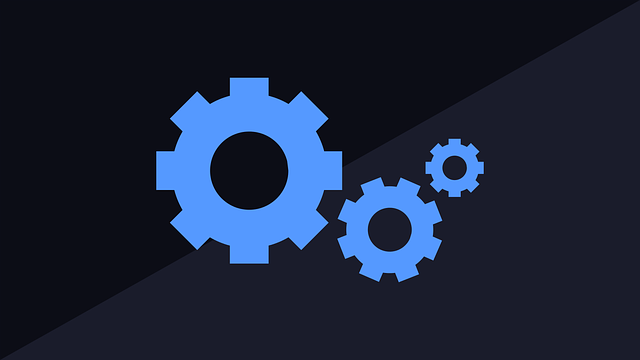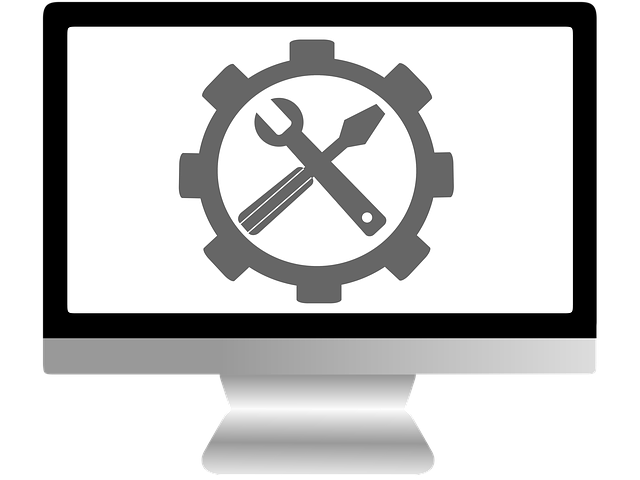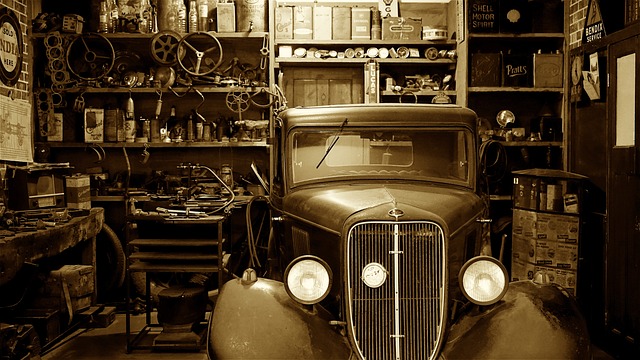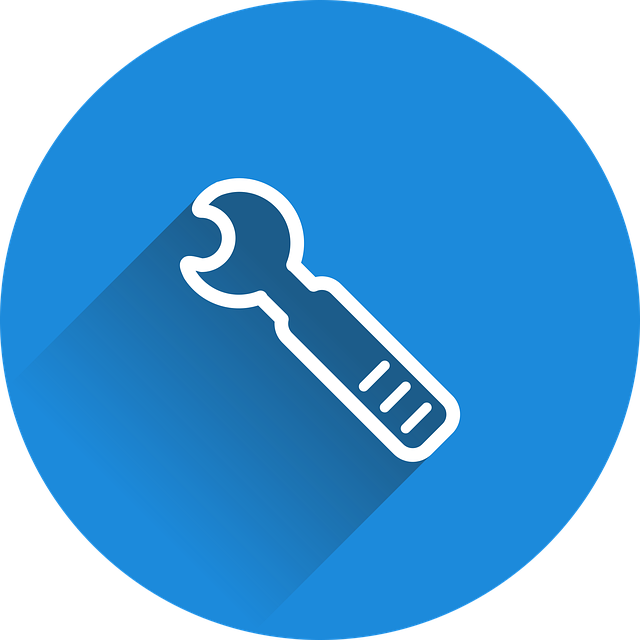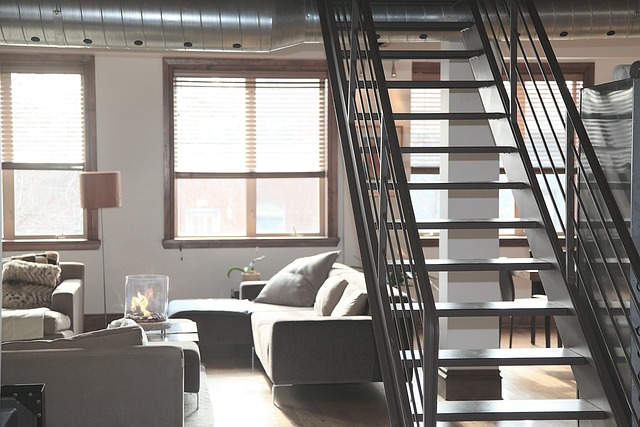Homeowners are responsible for maintaining their homes' safety, efficiency, and comfort through regular repair and maintenance. This includes understanding and applying basic plumbing and electrical skills to address common issues like leaks and circuit breaker resets. Safety is paramount; DIY projects should only be undertaken if one has the necessary knowledge or has consulted detailed guides on the subject. Regular checks for leaks and functional electrical outlets are essential for early detection of potential problems. When repairs involve complex systems or high risks, such as advanced plumbing or electrical work, professional assistance is crucial to prevent further damage, health risks, and to ensure compliance with safety standards. Maintaining one's home through informed, cautious, and systematic approaches contributes to its longevity and upholds a comfortable living environment, highlighting the importance of home repair and maintenance as a key aspect of responsible homeownership.
When it comes to safeguarding and enhancing your home, understanding the intricacies of plumbing and electrical systems is paramount. This article delves into the essential skills for DIY home repair, the critical role of certified electricians in ensuring safety, and the integration of smart home technologies for modern convenience. With a focus on home repair and maintenance, we explore the key components, regular upkeep, and emergency solutions for plumbing systems, and the importance of professional intervention. Additionally, we guide you through the process of finding qualified electricians and the benefits of incorporating smart technology into your living space. By adopting a holistic approach to home repair and maintenance, you can achieve optimal performance and longevity for your abode. Join us as we navigate the intersection where skillful repair meets diligent maintenance to create a harmonious and efficient home environment.
- Essential Skills for DIY Home Repair: When to Tackle Issues Yourself
- – Assessing Simple Plumbing and Electrical Problems
- – Step-by-Step Guides for Common Fixes
- – Safety Precautions for Homeowners
- – Identifying Tasks Best Left to Professionals
Essential Skills for DIY Home Repair: When to Tackle Issues Yourself

Engaging in home repair and maintenance is a crucial aspect of ownership, allowing residents to ensure their living space remains safe, efficient, and comfortable. A key element in successful DIY home repair is possessing a solid set of skills that encompass both technical knowledge and practical application. Basic plumbing abilities, such as identifying leaks, unclogging drains, or replacing washers in faucets, can prevent minor issues from escalating into costly repairs. Similarly, foundational electrical competencies, including resetting circuit breakers, changing light fixtures, or testing outlets for proper function, empower homeowners to address common household electrical problems securely. It’s important to approach DIY projects with caution and to only tackle issues that fall within your skillset to avoid complications. Safety should always be a priority; if a task seems too complex or involves high risks, professional assistance is advisable. Home repair and maintenance are not only about fixing what’s broken but also about regular upkeep that extends the lifespan of appliances and systems, ensuring your home remains a safe haven for years to come.
– Assessing Simple Plumbing and Electrical Problems

When confronted with simple plumbing issues, such as a dripping faucet or a clogged drain, homeowners can take initial steps to assess and potentially resolve the problems before escalating them to a professional. Basic tools like wrenches and plungers are invaluable for tightening connections or dislodging blockages. Similarly, electrical troubleshooting within the home can often be managed with fundamental knowledge and a multimeter. For instance, identifying whether a circuit breaker has tripped or a fuse is blown is a straightforward task that can prevent more extensive electrical problems. Home repair and maintenance are key to addressing these issues promptly, thereby minimizing damage and ensuring the safety of the dwelling. By understanding common signs of wear in both plumbing and electrical systems, such as inconsistent water pressure or flickering lights, homeowners can perform routine checks that help prevent minor issues from escalating into major repairs. Regular maintenance routines, including inspecting pipes for leaks and testing electrical outlets for functionality, are essential practices for any homeowner aiming to maintain a safe and well-functioning living environment.
– Step-by-Step Guides for Common Fixes

For homeowners, maintaining a well-functioning household requires a blend of knowledge and hands-on skills, particularly in the realms of home repair and maintenance. To assist with common issues that arise, both plumbing and electrical systems often necessitate step-by-step guides to ensure safe and effective fixes. When it comes to plumbing repairs, for instance, a guide might walk you through diagnosing and fixing leaky faucets or clogged drains. These guides typically start with shutting off the water supply to prevent further damage, followed by steps to disassemble fixtures, clear blockages, or replace worn components. Similarly, electrical system repairs demand precision and safety; a guide in this domain would provide homeowners with the necessary precautions, tools, and procedures for tasks like changing light fixtures, resetting tripped circuits, or testing for electrical faults. These resources are invaluable, offering clear instructions that empower DIY enthusiasts to tackle issues confidently while also highlighting when it’s prudent to call a professional, ensuring the integrity of both the home and its occupants. Home repair and maintenance are not just about fixing what’s broken; they’re about preserving the longevity and comfort of your living space through informed and methodical approaches.
– Safety Precautions for Homeowners

When undertaking home repair and maintenance, especially involving plumbing or electrical systems, safety should be the paramount concern for homeowners. It is imperative to approach DIY projects with caution, as both plumbing and electrical work can pose significant risks if mishandled. For instance, when dealing with the plumbing system, it’s crucial to understand potential water hazards and know how to shut off the main water supply to prevent flooding. Similarly, electrical repairs necessitate a clear comprehension of the household’s circuitry and the ability to identify and isolate different circuits to avoid electric shock or fire.
To mitigate these risks, homeowners should invest in proper tools and protective gear, including non-conductive gloves and safety goggles. It is also advisable to have a multimeter on hand when working with electricity to ensure components are deenergized before beginning repairs. Homeowners should never attempt electrical work without first turning off the power at the main breaker or disconnecting the specific fixture’s power source. For plumbing issues, it is equally important to locate and use the correct shut-off valves to stop the flow of water, thus averting potential leaks or bursts that could cause significant water damage. In all cases, when in doubt, consulting with or hiring a licensed professional is the safest course of action, ensuring that home repair and maintenance are carried out effectively and safely.
– Identifying Tasks Best Left to Professionals

When it comes to home repair and maintenance, discerning which tasks are suitable for DIY attempts and which require professional intervention is crucial for maintaining both safety and structural integrity. Electrical work, particularly any job involving high voltage or complex wiring systems, should always be handled by licensed electricians. The intricacies of electrical circuits and the risks associated with electrical shock and fire make this a domain best left to experts trained in safety protocols and regulatory compliance. Similarly, plumbing issues that extend beyond minor clogs or leaks often demand professional expertise. Qualified plumbers possess the knowledge and tools necessary to accurately diagnose problems, from simple pipe repairs to complex water pressure adjustments or sewer line maintenance. Attempting to address such tasks without proper qualifications can lead to more extensive – and costly – damages, as well as potential health hazards due to water damage or exposure to harmful substances within the plumbing system. Homeowners should always prioritize safety and quality by enlisting professionals for electrical and plumbing work that goes beyond the scope of basic home repair and maintenance. This ensures that their homes remain safe and functional, avoiding the complications that can arise from untrained attempts to fix complex issues.
When it comes to maintaining a safe and comfortable home, a basic understanding of plumbing and electrical systems is invaluable. Our comprehensive guide on ‘Home Repair and Maintenance’ has equipped readers with the essential skills to assess and address simple plumbing and electrical issues independently. By following our detailed step-by-step guides and adhering to safety precautions, homeowners can confidently tackle routine repairs. However, recognizing the limits of one’s expertise is crucial; understanding when to call in professionals for complex tasks ensures the safety and integrity of your home. With this knowledge, you are now well-equipped to handle a range of maintenance issues, keeping your living space functional and secure.
